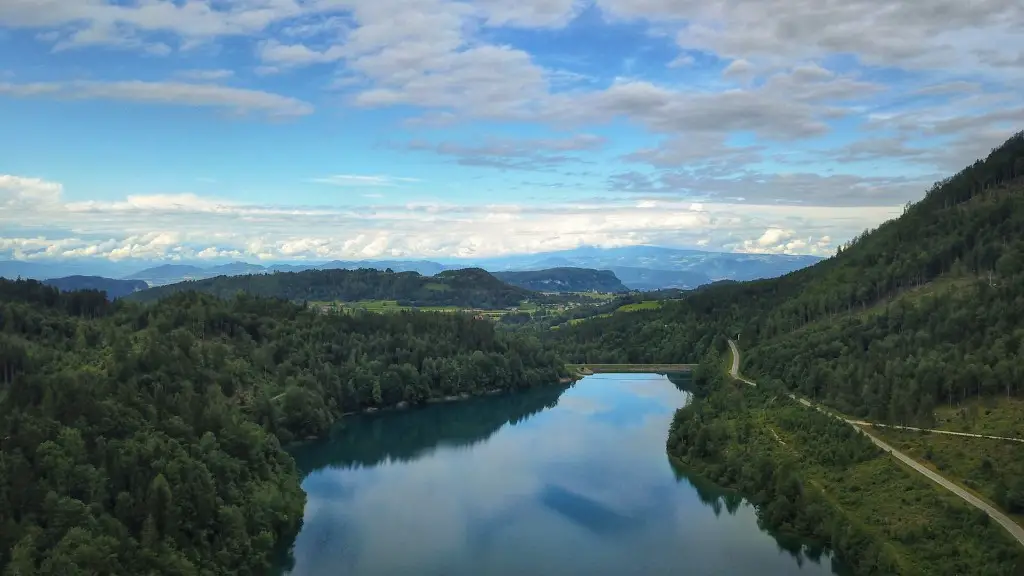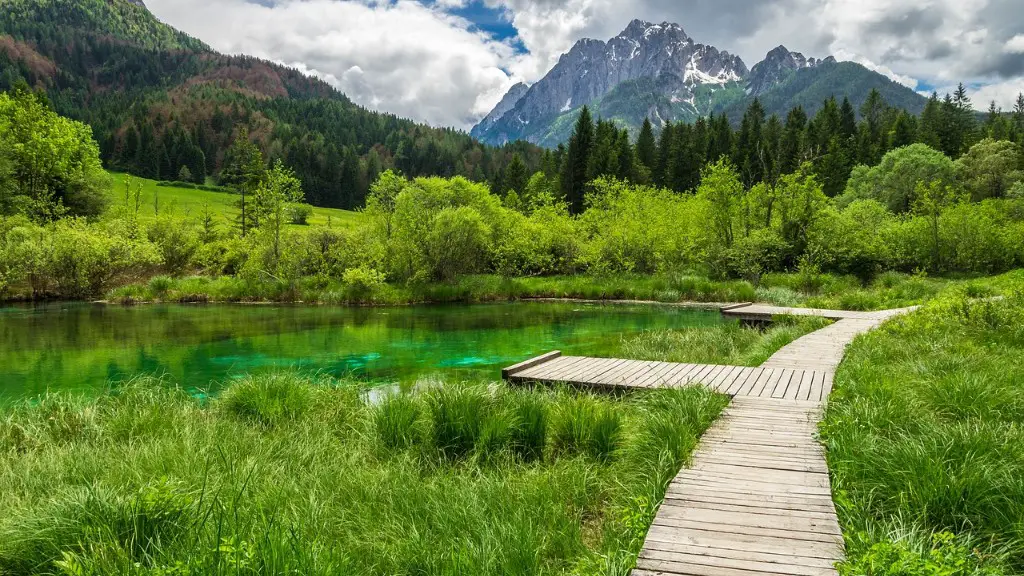What is Lake Baikal?
Lake Baikal is an ancient lake that is located in southern Siberia in Russia, and is the oldest and deepest lake on Earth. It contains about 20% of the world’s fresh water, and is considered to be one of the seven natural wonders of Russia. It is the world’s largest freshwater lake, and is one of the oldest lakes in the world.
Importance of Lake Baikal
Lake Baikal is not just a large lake, but one of the most important natural ecosystems for the Russian people. It provides drinking water for millions of people, sustains a variety of native animals, plants and fish, and is a crucial habitat for hundreds of species of migratory birds. It is also a vital source of fresh water for a variety of industries. In addition, Lake Baikal is a very popular tourist attraction and is a great place to fish, swim and relax.
Is Lake Baikal the Largest Lake in the World?
Lake Baikal is often thought to be the largest lake in the world, however, this is not actually the case. While Lake Baikal holds the record for being the largest, deepest and oldest lake on Earth, it is not the largest by area. The title of the largest lake in the world belongs to the Caspian Sea, which is the world’s largest enclosed body of water. The Caspian Sea measures an impressive 371,000 square kilometres, which is four times the size of Lake Baikal at 71,600 square kilometres. This makes it the largest lake in the world, as well as the largest landlocked body of water in the world.
What Makes Baikal Unique?
So, if Lake Baikal is not the largest lake in the world, what makes it so unique? Lake Baikal is unique for many reasons, the first being its incredible depth. At 1,642 metres deep, it is the world’s deepest lake and contains roughly 20% of the world’s fresh water. It also has a very high rate of evaporation, and it is estimated that over 1230 cubic kilometres of water evaporate each year from the surface of the lake.
Additionally, Lake Baikal is home to a rich variety of plant and animal species, many of which are unique to the region. Over 2,500 species of animals and plants live in and around the lake, making it one of the most diverse ecosystems in the world.
Preservation of Lake Baikal
Like all ecosystems, Baikal is facing some environmental issues such as water pollution, global warming and biodiversity loss. To combat these issues, the government of Russia has made Lake Baikal a protected area and has implemented a number of environmental protections.
The government has also increased its efforts to keep the lake clean and has set up monitoring stations to ensure that the quality of the water is up to standard. Additionally, the government has launched several initiatives to preserve the lake’s biodiversity, such as the Baikal Program, which focuses on conservation and protection of the lake’s unique ecosystem.
Conclusion
In conclusion, Lake Baikal is an ancient and important ecosystem located in Russia and is the world’s largest, deepest and oldest lake. It is an incredible source of fresh water for millions of people and unique biodiversity. While it may not be the largest lake in the world, it still holds a very important place in the world and is worth protecting.

